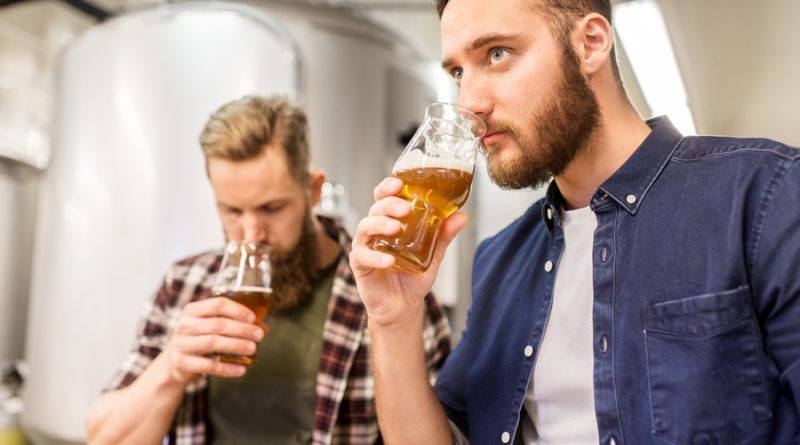How To Prepare For Your Brewery Interview
If you’ve never interviewed with a brewery, or if your last interview was years ago, the prospect can be as daunting as it is exciting.
However, a little research and some self-reflection can go a long way to making sure you arrive at your interview feeling confident, comfortable, and well-prepared.
Research The Brewery
Researching the company interviewing you is important for all job-hunters, but it becomes even more important in the craft brewing industry. Whether you’re applying at a well-established or start-up Craft Brewery, they’ll want to know that you’re not just passionate about brewing, you’re also excited about them in particular.
The first and most obvious step is to make sure you know what they’re producing. Even if you’ve tried their beer in the past, this is a good time to hold a tasting session. Try for a selection of both flagship and seasonal brews, and take notes on what you did and didn’t like about each beer. Be honest, avoiding both inflated praise and criticism.
Once you’re familiar with what they produce, it’s time to learn more about the brewery itself. The internet is the best place for this, with plenty of options to explore. Brewery blogs are a wealth of information, as are interviews, social media, and press releases. Try looking on our job board to see if they have any other positions open as well, just to get a feel for what’s happening.
Ideally, you want to learn about their current operations, their history, and how they fit into the industry as a whole. It’s more important to know whether or not they’re a distributing brewery than where their original location was, but both can be useful in an interview.
Research Yourself
In some ways, it can be harder to know yourself than to research the brewery you’re interviewing with. You probably have a good idea of your own strengths, weaknesses, and skills, but an outside perspective can still be of use here.
Talk to former coworkers to get their opinion on your work, areas they think you could improve in, and any memories they have about work you’ve done. If your current employer isn’t aware of your job search, getting the opinion of your friends or family can still be helpful.
In addition to the usual interview questions, be prepared to talk about your passion, knowledge, and credentials in the brewing industry. Make a mental note of authors and blogs you read, podcasts you listen to, and any other way you expand your knowledge of the industry. If you’ve attended the Craft Brewers Conference, think of a way to briefly speak about your experience.
Finally, consider how you’ll answer questions about your previous experience. Make a list of the reasons you feel confident about applying for this role, what you’ve done in the past which lead you to this point, and how you want to discuss your current or previous employer.
The more you prepare, the more comfortable you’ll be in answering any question they ask of you.
What To Wear, What To Bring
The brewing industry is known to be more casual than some workplaces, but that doesn’t mean you should show up in worn jeans and your favorite t-shirt.
For most breweries, business casual strikes a good balance: clean, new khakis or jeans, a button-down shirt, and a sweater or suit jacket are rarely out of place. Your research of the brewery should also give you a sense of their culture, but what you wear to an interview should be a few steps above whatever you’d be likely to wear at work. When in doubt, remember that overdressing is rarely as serious as underdressing.
Several days before your interview, print out copies of your cover letter and resume, as well as anything else you think might be helpful, such as certifications or other paperwork. Doing this ahead of time prevents a last-minute scramble to get ready and allows you to look them over yourself.
When you walk into the interview you should feel knowledgeable, confident, and ready to speak comfortably about both yourself and the brewery. You might not use all of the information you learned during your research and preparation, but just having it ready will make it easier to relax into the conversation.

